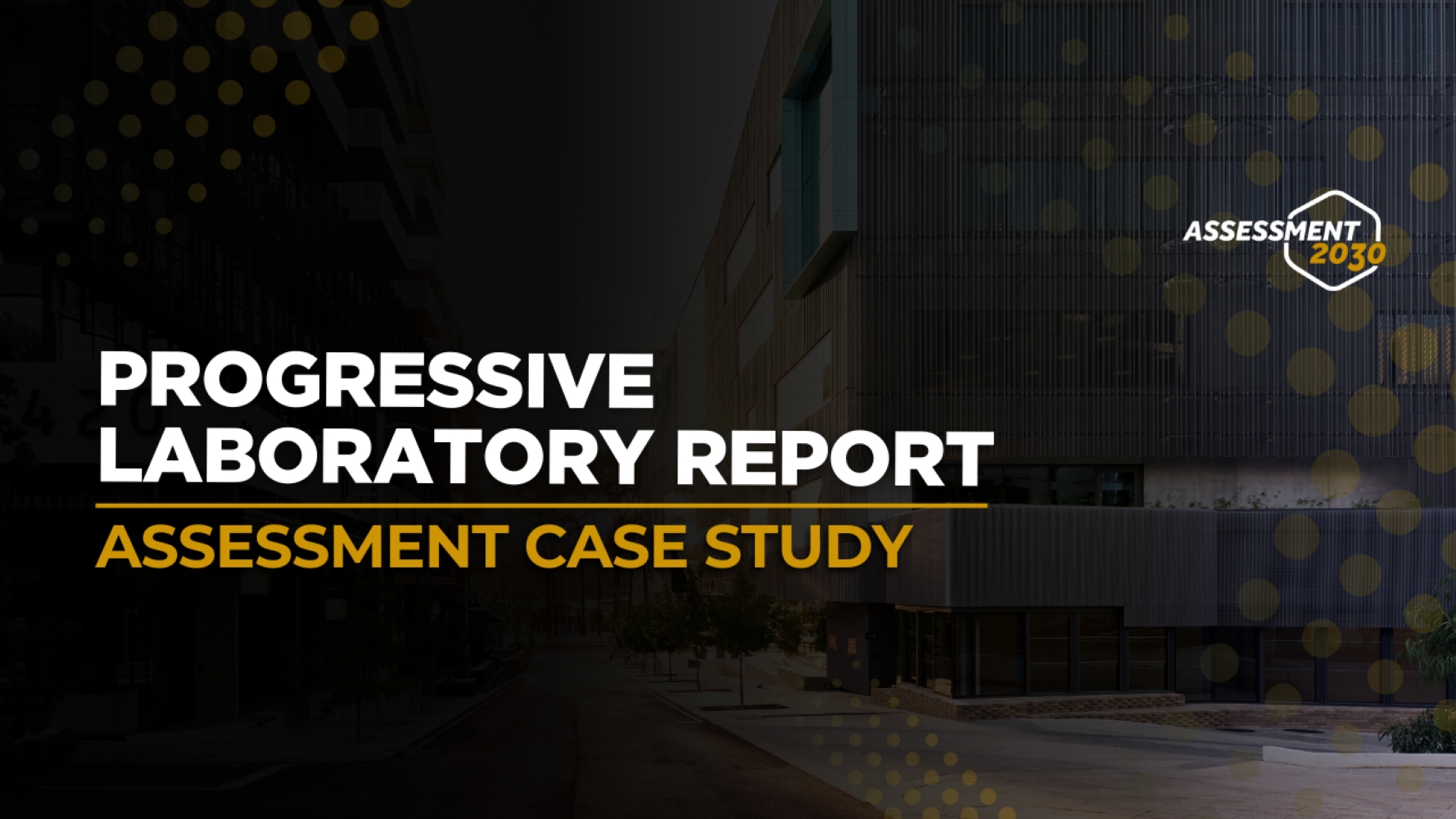Overview
This iterative laboratory assessment with scaffolded feedback transforms traditional single-submission lab reports into a more realistic, industry-aligned learning experience. This assessment model builds students’ skills progressively throughout the semester, using structured feedback and revision cycles that mirror how scientists actually work. By giving students meaningful choice and hands-on practice with professional tools, this approach develops both technical competency and workplace-ready collaboration skills.
Professor Max Massi
Faculty of Science & Engineering
About my unit: Faculty of Science and Engineering | 90-150 Students | In-Person | Individual and/or group work
Professor Max Massi from Curtin’s School of Molecular and Life Sciences has redesigned laboratory assessment to better reflect real scientific practice. The assessment focuses on experimental data recording and manipulation using industry-standard Microsoft Excel data pages. Instead of one high-stakes submission, students receive scaffolded guidance before experiments, work through an initial draft (individually or with peers), get detailed feedback from teaching staff, then refine and resubmit their work. This two-stage process mirrors the peer review and quality checking that’s standard in molecular science.
As a Lane 2 assessment, students have flexibility in where and how they work, individually or collaboratively from any location, developing the collaborative problem-solving and data validation skills that molecular scientists rely on every day. This mirrors the reality of professional practice, where scientists routinely cross-check ideas, validate results, and confirm conclusions with colleagues. This approach prepares students for their future careers while providing the support they need to build confidence and competence.
Suggested Marking Criteria
Note: Marking criteria are suggested guidelines. Specific descriptions should be adapted to relevant content and learning objectives.

